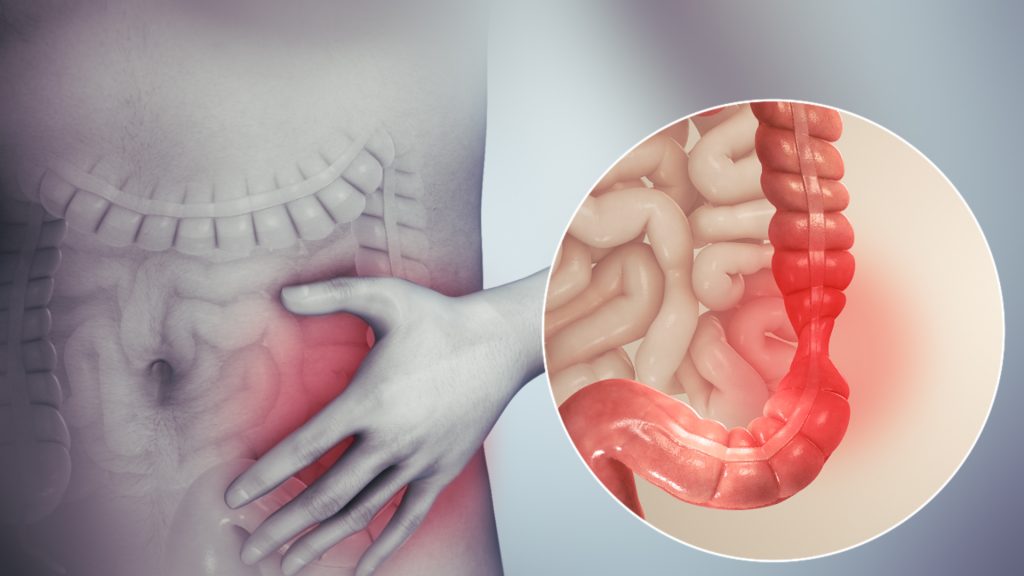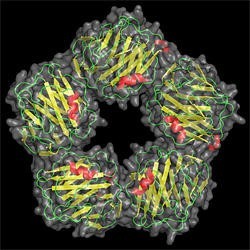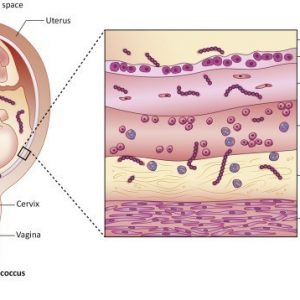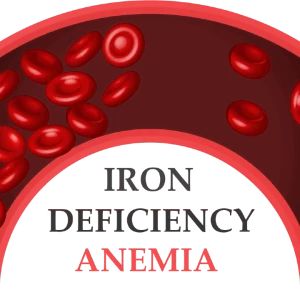
IBS (Irritable bowel syndrome) is a common disorder that occurs when the large intestine is affected. Signs of IBS are abdominal pain, bloating, gas, cramping, mucus in stool and diarrhea or constipation, or both. Irritable bowel syndrome is a chronic condition that you’ll have to manage for the long term.
Some people with Irritable bowel syndrome have severe signs and symptoms. Some people control their signs by managing their diet, lifestyle, and stress. Irritable bowel syndrome doesn’t cause any changes in bowel tissue or increase your risk of colorectal cancer.
Visit your doctor if you have had a persistent change in bowel habits or any other signs of Irritable bowel syndrome. They can indicate more serious conditions, such as colon cancer. Serious signs and symptoms are; weight loss, diarrhea at night, unexplained vomiting, difficulty in swallowing, rectal bleeding, constant pain that isn’t relieved by bowel movement or passing gas, and iron deficiency anemia.
There is no precise cause of IBS. Factors that may appear to play a role are:
- Muscle contractions in the intestine: The walls of our intestines are lined with layers of muscle that contract as they move food through our digestive tract. If contractions are stronger and last longer than usual, it can cause gas, bloating and diarrhea. Also if weak intestinal contractions then it can slow food passage and lead to hard, dry stools.
- Nervous system: Abnormalities in the nerves in our digestive system can cause us to experience greater than usual discomfort during the abdomen stretches from gas or stool. If there are poorly coordinated signals between the brain and the intestines, it can cause our body to overreact to changes that usually occur in the digestive process, resulting in pain, diarrhea or constipation.
- Inflammation in the intestines: Some people with Irritable bowel syndrome have an increased number of immune-system cells in their intestines and this immune-system response is associated with pain and diarrhea.
- Severe infection: Irritable bowel syndrome can develop after a severe bout of diarrhea (gastroenteritis) caused by bacteria or a virus. Irritable bowel syndrome is also associated with bacteria over growth in the intestines.
- Changes in bacteria in the micro flora (Gut): Micro flora is the “good” bacteria that resides in our intestines and also play a key role in health. Micro floras in people suffering with Irritable Bowel Syndrome differ from micro flora in healthy people.
Symptoms of Irritable Bowel Syndrome can be triggered by food allergy, stress or because of changes in hormones. Most of the people have occasional signs and symptoms of Irritable Bowel Syndrome. But you’re likely to have syndrome if you:
- Are under the age of 50.
- Are women as estrogen therapy before or after menopause can be a cause for IBS.
- There are various criteria to diagnose IBS one is Roma criteria
- Have a family history of IBS
- Have an anxiety, depression or other mental health issues that can be associated with Irritable Bowel Syndrome.
Once you visit your doctor, they are likely to start with a complete medical history, physical exam or tests to rule out other conditions such as diarrhea or celiac disease (gluten intolerance), which is abdomen pain lasting on average at least once a week in past three months, the other is Manning criteria which is pain relieved while passing stool or having irregular bowel movements or other types of irritable bowel syndrome such as constipation-predominant, diarrhea-predominant or mixed. If initial treatment for IBS doesn’t work, you’ll likely need additional tests such as:
- Flexible sigmoidoscopy: To examine the lower part of the sigmoid (colon) with a flexible, lighted tube (sigmoid scope).
- Colonoscopy: In this laboratory test the doctor uses a small, flexible tube to examine the entire length of the colon.
- X-ray or CT scan: These lab tests produce images of your abdomen and pelvis that allows the doctor to rule out other causes of your symptoms, especially if you have regular abdominal pain.
- Lactose intolerance tests: Lactase is an enzyme that we need to digest the sugar found in dairy products. Some people don’t produce lactase, they may have problems similar to those caused by Irritable bowel syndrome.
- Breath test for bacterial overgrowth: A Lab test like breath test can determine if we have bacterial overgrowth in our small intestine or not. The bacterial overgrowth is a common reason among people who have had bowel surgery or who may have diabetes or some other disease that slows down their digestion.
- Upper endoscopy: In this lab test, a long flexible tube is inserted down your throat and into the tube connecting your mouth and esophagus (stomach). A camera on the end of the tube allows your doctor to inspect the upper digestive tract and obtain a biopsy (tissue sample) from our small intestine to look for any pathology.
- Stool tests: This lab test is taken to examine the bacteria or parasites, in the stool.
The treatment of Irritable Bowel Syndrome focuses on relieving the symptoms and signs so that you can live as normally as possible. Avoid foods that trigger your symptoms, try to eat high-fiber foods, drink plenty of water, get enough sleep and exercise daily, avoid high-gas foods such as aerated drinks, caffeine etc. avoid gluten such as wheat, barley, rye, oats etc. The symptoms can also be controlled by managing stress and by making changes in your diet and lifestyle.






